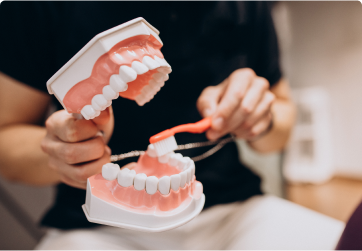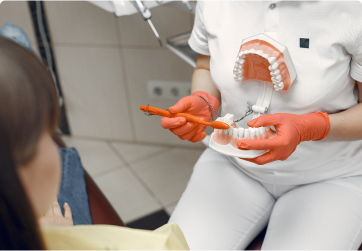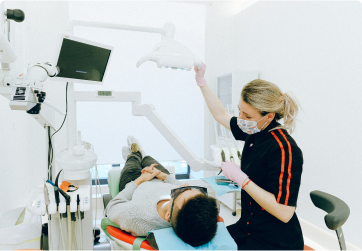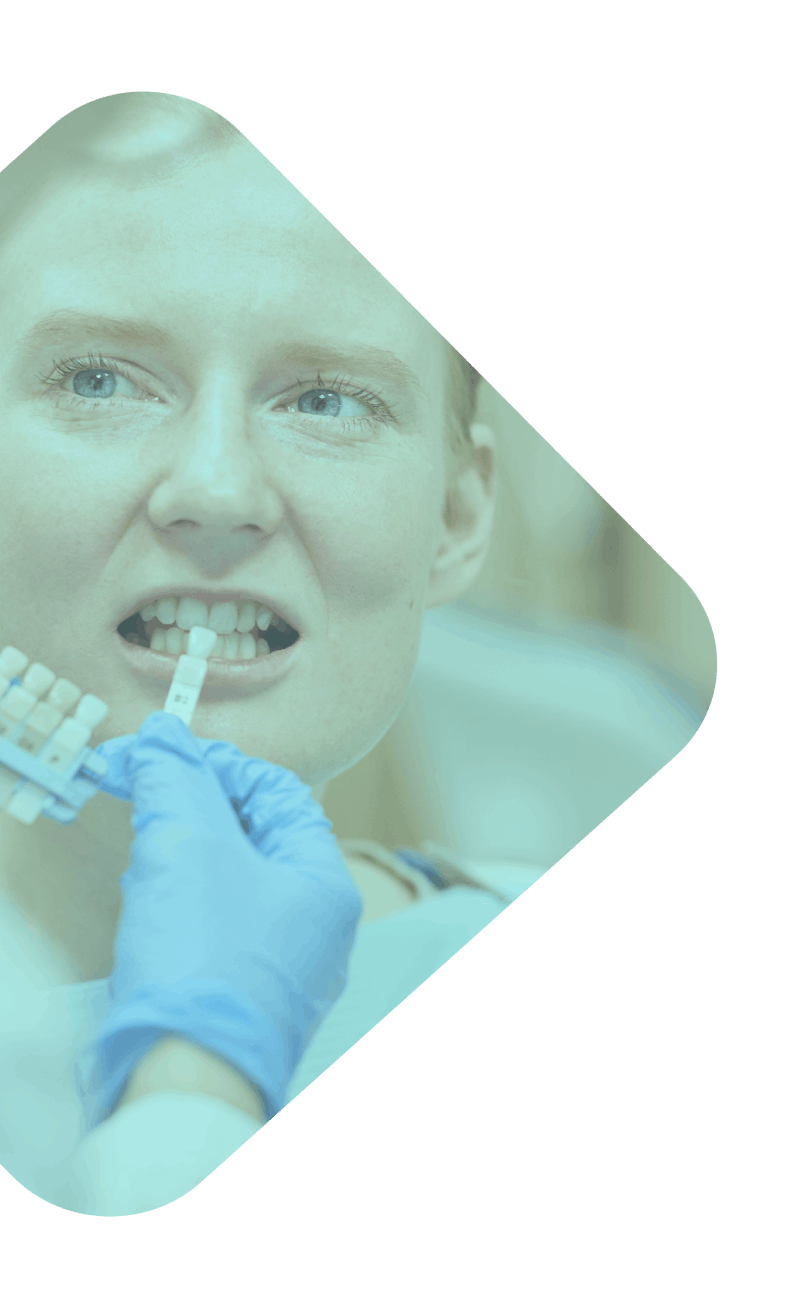
Reasons for Having Dental Crowns (Caps)
There are several reasons why you may need dental crowns installed in your teeth. Some of them are;
- They protect weak teeth from breaking
- Keep week broken pieces of teeth together in events of cracks
- Restores broken and severely worn out teeth
- Hold dental bridges in position
- Covers or conceals discolored or misshapen tooth
- May cover teeth after root canal treatment to prevent breakage
- It is a cosmetic enhancement to improve your beauty and appearance
- Cover a tooth with a massive filling and little natural parts remaining
The Process of Getting a Dental Crown or Cap
The whole process requires you to make two appointments with your dentist. In the first appointment, the dentist examines and prepares the selected teeth.
Then after that, they reschedule the second meeting when they fix the crown on the selected teeth. The number of crowns you get will depend on the number of teeth affected.
The dentist uses an x-ray machine to check the roots’ damage and adjacent bones in the examination stage. He will also assess any potential risks of infections and decay.
The dentist will then administer a local anesthetic to numb the infected region. After that, he will file the tooth to make it ready and create adequate crown space.
As soon as he finishes reshaping the tooth, your dentist will use putty or paste to model an impression of the tooth in question. Creating a perfect dental crown takes between two to three weeks.
During that waiting period, you will have a temporary crown to keep you protected.

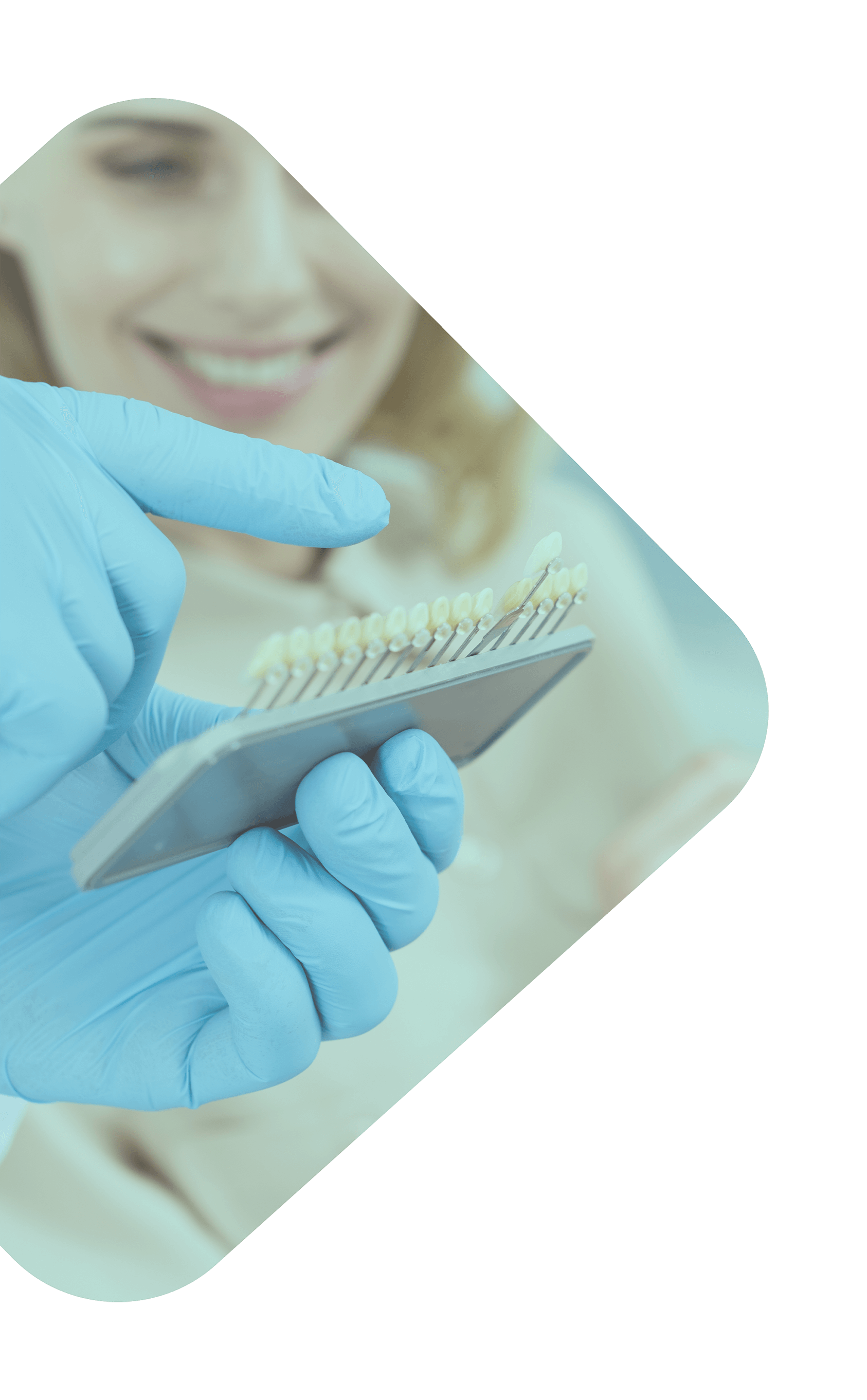
What Material Can I Pick for My Dental Crown or Cap?
There are several materials that you can pick from when you want to have a dental crown. Each one has unique advantages and disadvantages, so it is crucial to make an informed decision.
Some of the factors that will influence your decision are:
- The tooth you are crowning
- How long you want your crown to last and,
- The appearance and impression you want from your tooth
Most temporary crowns feature composite and acrylic material, so you do not have to think about choosing the perfect fit. However, when it comes to permanent crowns and caps, the list is crowded. The following is a list of some that you might want for your dental installations.
Dental Ceramic Crowns
Ceramic crowns have a slight translucent look that resembles natural teeth. This makes them a popular choice, especially in visible areas like the front teeth. They are shaped in a laboratory and modeled layer by layer to get the desired size.
Metal Alloy Crowns
Metal alloy crowns are some of the most durable crowns you can get. They include materials like platinum, gold, palladium.
Gold crowns are also biocompatible with the teeth. As a result, they do not cause any wear or damages when you are biting or chewing something.
However, most people do not like them because of their conspicuous silver or gold colors.
Porcelain-Fused-to-Metal Crowns
The metal components and the aesthetic features of the porcelain provide the required strength. They have unique structures from their layers, making them different from natural teeth.
PFMs have two layers, the ceramic coating, and the metal layer. The ceramic layer is fragile and cracks or chips with continued use. The metal layer beneath is more durable and resistant to wear and tear.





